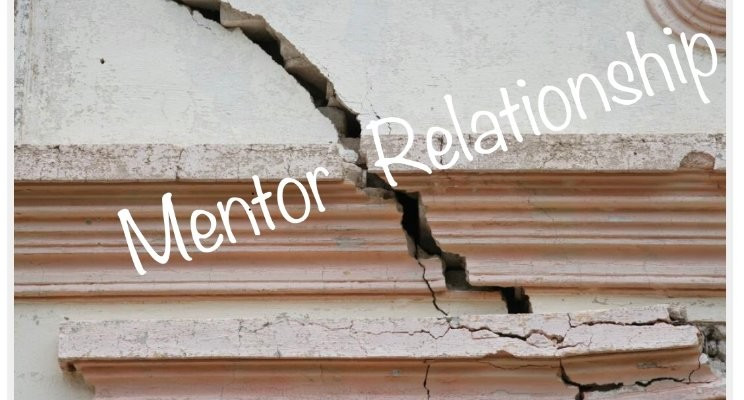Can You Repair a Damaged Relationship with a Mentor?

A relationship with a mentor is often built on trust, guidance, and mutual respect. However, like any close relationship, misunderstandings or disagreements can occur, potentially leading to a rift. When this happens, the relationship may feel strained or even broken. But can it be repaired? While the situation may seem complicated, it is possible to mend the bond, though it requires patience, understanding, and open communication from both parties involved.
The focus is often on what went wrong and how to move forward. Rebuilding a relationship with a mentor can feel intimidating, but it is not impossible. Mistakes may have been made, feelings hurt, and trust shaken. Still, with effort and a willingness to reconcile, relationships that once felt lost can sometimes be restored. What steps can be taken, and how does one even begin to fix what feels broken?
Reflecting on What Went Wrong

The first step in repairing a relationship with a mentor often involves reflection. The events that caused the fallout should be considered carefully. Some key decisions, actions, or misunderstandings likely contributed to the strain. Miscommunication is often at the heart of these situations, where intentions are not clearly expressed, or expectations are not aligned. Mistakes may have been made by either party and recognizing them is essential for understanding how the relationship reached this point.
In some cases, the mentor may have felt disrespected or unappreciated, or the mentee might have felt unsupported. If a disagreement occurred, the specific reasons for it should be reviewed. It is important to understand not only the mentor’s perspective but also one’s role in what transpired. Without this reflection, it becomes difficult to take the necessary steps toward rebuilding the trust that was lost.
Reaching Out: The First Step Toward Reconciliation

After reflecting on what went wrong, the next step involves reaching out to the mentor. This may feel uncomfortable, but it is a crucial part of repairing the relationship. When the mentor is approached, the focus should be placed on expressing a genuine desire to repair the connection, rather than assigning blame or focusing on past mistakes. A tone of openness and humility is often effective in creating an environment where reconciliation can occur.
Communication should be clear and respectful, acknowledging any hurt that may have been caused. Apologies, if necessary, can go a long way in showing that the mentee is committed to mending the relationship. In some cases, the mentor may have been hurt by actions or words that were not intended to harm, but acknowledging their feelings is essential. Rebuilding trust often requires a willingness to listen and to show empathy for the mentor’s perspective. The hope is that the mentor will respond with an openness to reconnect and move forward.
Rebuilding Trust Over Time

Trust is not always immediately restored, even after an apology is offered and communication is reopened. The process of rebuilding a damaged relationship often takes time. Small steps can help to show that the mentee is serious about making things right. This might involve demonstrating a commitment to the mentor’s guidance, showing respect for their time, or following through on promises and responsibilities. Actions often speak louder than words in these situations, and by consistently showing dedication to improving the relationship, trust can slowly be regained.
It is important to understand that both the mentor and mentee may need time to heal from the initial fallout. Patience and persistence are key here. Both parties should be willing to engage in honest communication as the relationship progresses. Mistakes may still occur along the way, but addressing them promptly can prevent further damage.
Effects of Reconciliation
If the relationship with the mentor is successfully repaired, the benefits can be significant. The bond may become stronger than it was before, with both parties gaining a deeper understanding of each other’s needs and expectations. Trust that is rebuilt after a misunderstanding is often more resilient. Mentorship, after all, is not just about professional guidance; it is about mutual growth and respect.
In the long term, a successful reconciliation can enhance both personal and professional development. The lessons learned during the process of repairing the relationship can be valuable not only in this specific mentor-mentee relationship but also in future interactions. Understanding how to manage conflict, show empathy, and communicate effectively are skills that can be applied in many areas of life.
While repairing a damaged relationship with a mentor may seem daunting, the rewards of doing so can be well worth the effort. With time, patience, and a willingness to work through the challenges, what was once broken can be made whole again.





